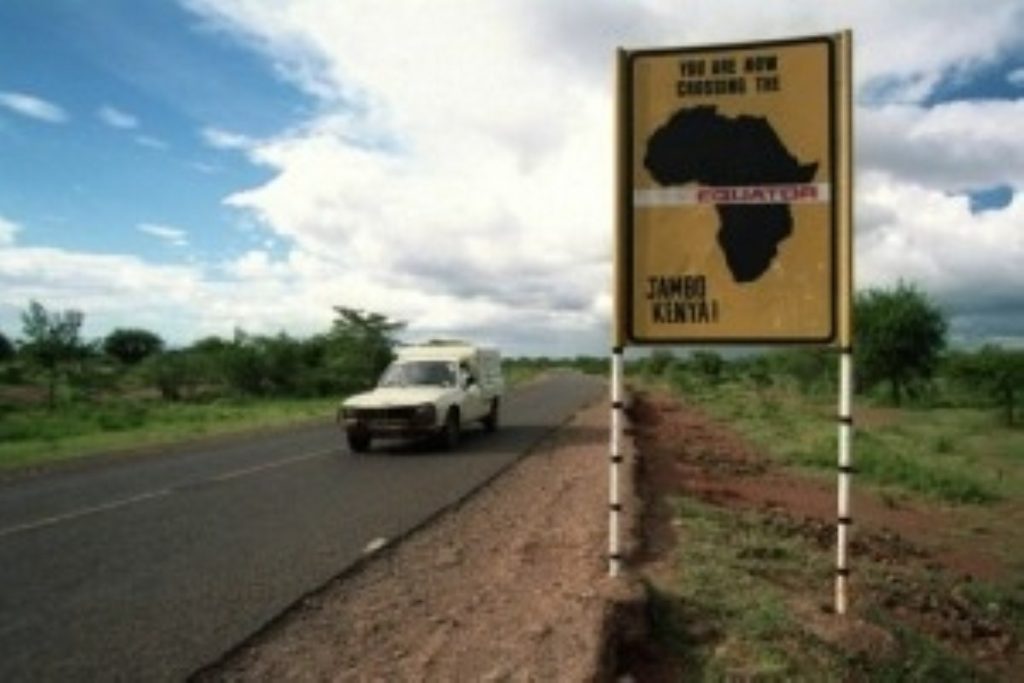Audit office praises Government’s humanitarian work
The international development department has been highly praised by the National Audit Office in a report published today, which claims that the DFID has responded ‘quickly and effectively’ when intervening in humanitarian emergencies.
However, the report claimed that the department should do more to measure and evaluate the success of its work in helping some of the poorest people in the world. And it suggested that the DFID could become even more efficient by further integrating its relief work with its longer-term development assistance.
Sir John Bourn, head of the NAO, said today: ‘Disasters, both natural and man-made, are occurring much more frequently around the world. The Department for International Development is a leading player in the response to such emergencies and its provision of help in the aftermath of suddenly occurring disasters is widely recognised by other donors and organisations.’
‘The department should, however, take steps to improve the targeting, monitoring and evaluation of the assistance it provides.’


The number of humanitarian disasters taking place across the globe has doubled to around 800 a year in the last decade, according to the NAO. The UK has responded to this increase and last year was the second largest donor after the United States.
However, as the response to the situation in Iraq has illustrated, the DFID responds to crises as they occur and has no systematic way of measuring humanitarian need, according to today’s report. That means it cannot guarantee that it is targeting those most in need.
The department made the controversial announcement last month that it would be cutting back on its assistance to moderate-income countries in order to focus on the lowest-income nations .
The should come as positive news to the National Audit Office, which has pointed to the fact that since 1997, the per capita level of humanitarian assistance the UK has provided in European emergencies, such as Kosovo, has been five times higher than for emergencies in Africa, as an example of the unequal distribution of resources.
Hilary Benn, International Development Secretary, stressed last month that the UK would be increasing its funding for Africa to £1bn by 2006.
The Government’s major priority at the moment is Iraq, however, with £544m having been committed to the reconstruction mission by the UK at last month’s summit in Madrid.

